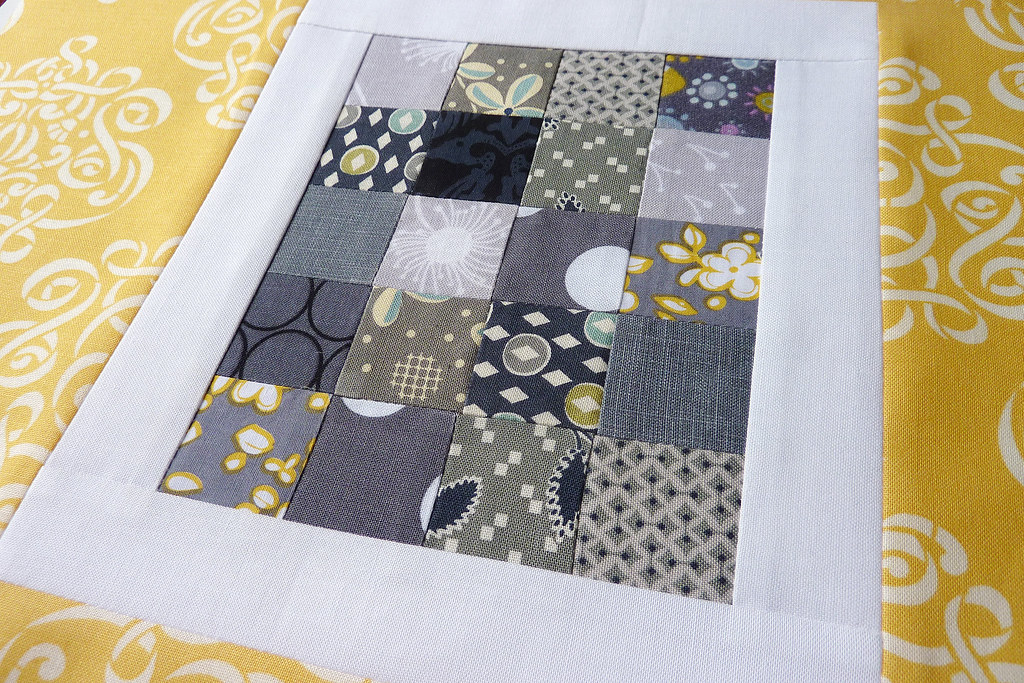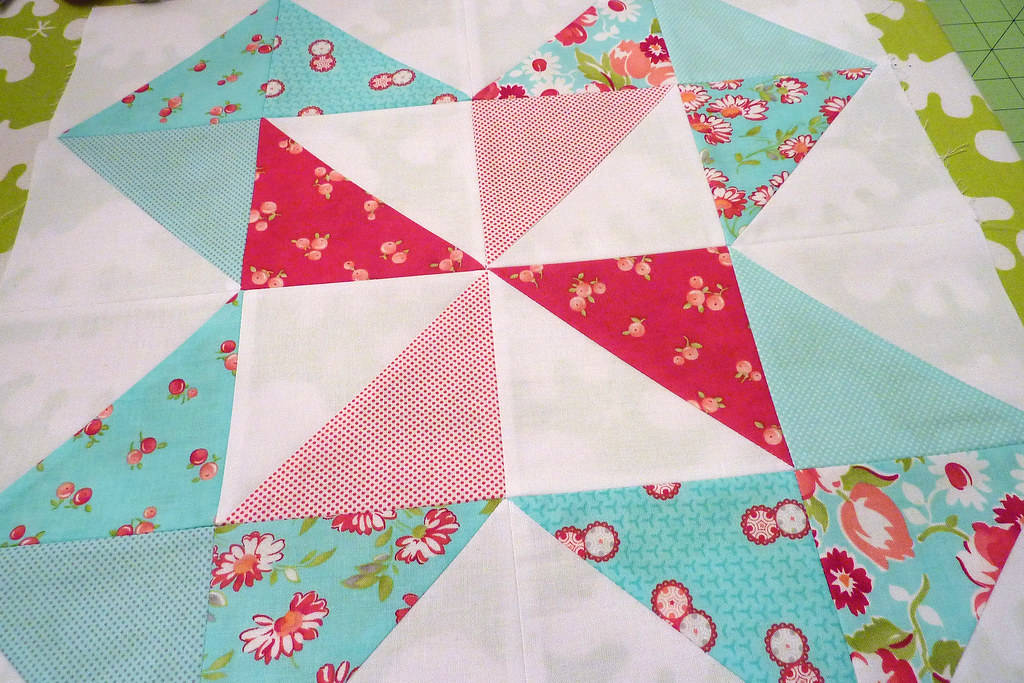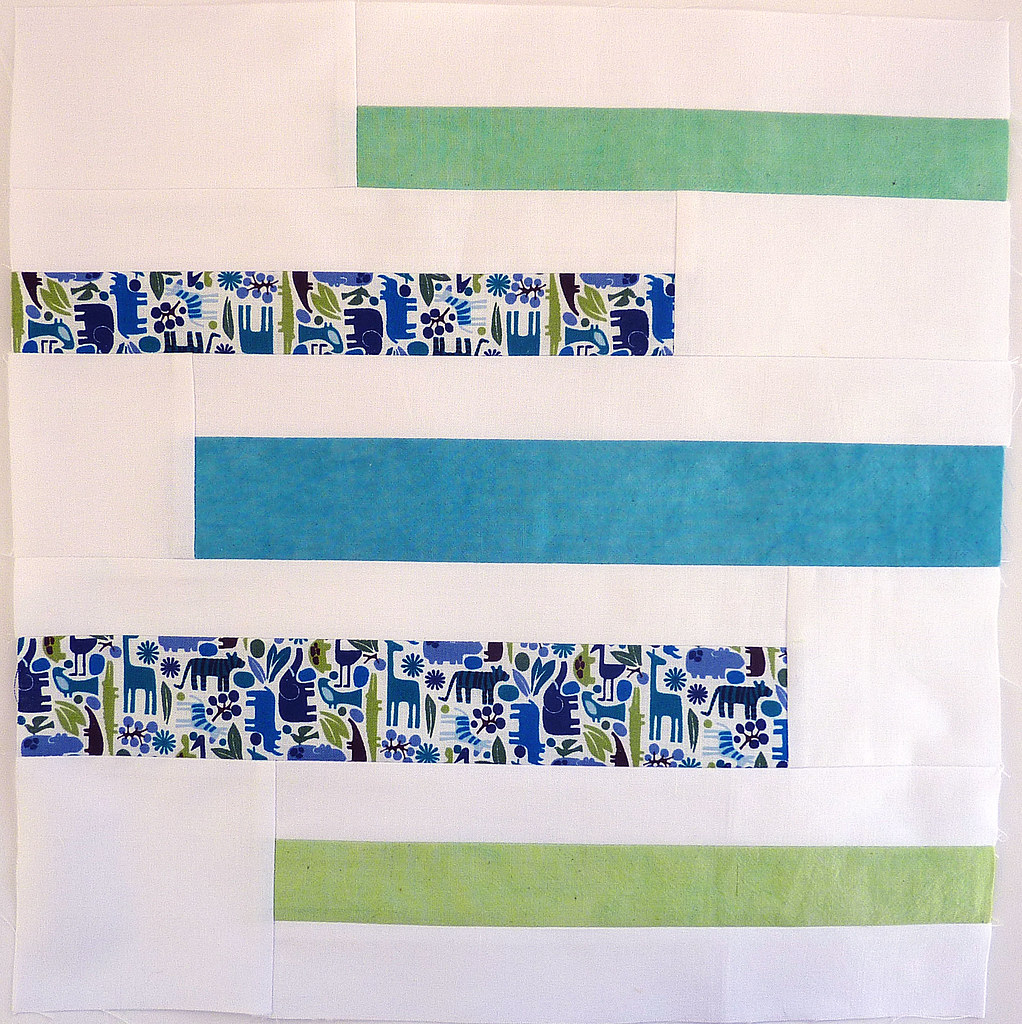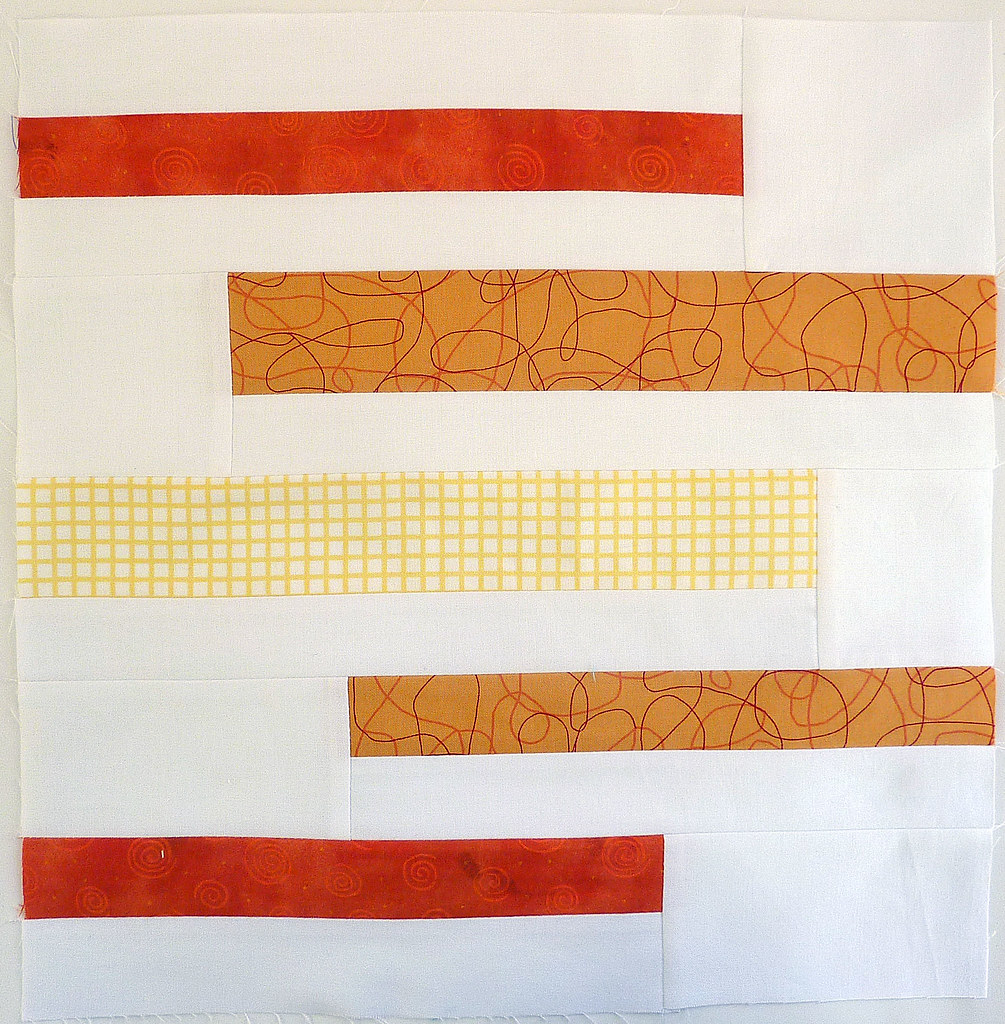Not just that it can get controversial and contentious, but it truly is all crazy and interwoven with creativity/generosity/respect on so many levels. And sometimes it helps just to hear what everybody is thinking.
Come, sit in my parlor for a lively discussion.
My first level response is that there is not much of a legal ground for people to stand on if they want to tell others what they can do with items sewn/knit/crafted based on their published patterns. I know people go round and round with this and I have read a good bit of the copyright laws for myself (I'm obsessive like that - read the whole New Testament one day beginning to end as I looked for a quote for my lecture). Based on that, my view is if you publish a pattern - the person who purchases and uses that pattern to then make something is able to do whatever they like with their creation, be it keep/gift/sell.

People may NOT may photocopies/digital files/etc of the actual pattern to sell or even give away. It isn't theirs to give. But the thing they have crafted with their hands, based on the pattern, IS.
I believe the more reasonable request is similar to what Keyka Lou asks - just that you credit her with the design when you sell things made from her patterns. No special permissions needed. Because legally, they can sell them anyway.

Now all crafters would be super grumpy if say Target picked up their published pattern and decided to mass produce it without any compensation. That's quite different in my mind. But where is the line between these two?
What if I had a crafty family and my 7 sisters (and even a brother) were set to task creating 30 of those same items from a published pattern for an etsy shop. Getting kind of fuzzy.....and I think that is just one small aspect of the copyright conundrum!

I love this comment from my last post: Techniques belong to us all....the rest is complicated.
That actually ties in with the question I asked about what books or patterns you purchase. Because as I mentioned, with some paper and a pencil I'm able to reverse engineer lots of stuff. That's just how my brain works.

For myself, I generally pay for a pattern if: a) I truly have no idea how to make said item b) I believe the instructions included will have a unique technique or construction method that could save time or improve end result c) Greatly admire the author's work and just want to support their efforts even though I could reverse engineer the pattern.
So a couple examples from stuff I've bought. I think Allison from Cluck Cluck Sew is awesome! She has shared so many great tutorials, I especially liked using her double hourglass block instructions. Be sure to give that one a try if you haven't already. I totally relate to her mind keeping her up - knowing that there HAD to be a better way to make those things!

When she showed her fun Chain Reaction quilt and pattern, it was quickly added to my to-make list. With graph paper I could draft a plan myself without buying her pattern. But I DID buy her pattern - because I had already used many of her great tutorials and felt like it was a small way for me to support another crafty mom.
At the same time she had an Irish chain pattern that I don't see now - a very old block that you can find online or make easily without formal instructions. But after using Allison's tutorials and reading her Chain Reaction pattern, I also bought the Irish Chain pattern knowing that she would have some key tips inside making it way more easy to assemble than traditionally.
That's enough for now. I would love to here what you think.
.
16 comments:
I pretty much agree with you, except I despise that some people try to pass of the work as totally original and slap that (C) on it. There are very few original designs out there in the quilting world, so I feel that there should be some acknowledgment of that. For me, I'm more inclined to buy "Irish Chains Made Easy" than to buy "Irish Chain pattern" (as an example, though likely fictional).
The thing I wonder about is how much of this copyright/personal use stuff is empty threats and how much actually is challenged. For example, I know Amy Butler tries to keep handmade items from her patterns off Etsy, and probably can afford to do so. But for the smaller pattern maker? I've gotta believe the copyright/personal use only thing isn't something easily complied with.
The part of the copyright issue that I wonder about these days is the nearly identical if not identical items I run across that are both by reputable designers? I can think of a well known pattern very similiar to a template at JoAnns and just last night came across a quilt design in a book that is identical to another's pattern. Sometimes these seems so obvious like elephant's in the room no one talks about.
I agree with you, and I wonder what the popular bloggers/designers who include these statements on their tutorials and patterns think about it. What their defense would be? What kind of research have they done?
After I commented the other day I remembered there's also quite a bit of discussion on this topic on TrueUp, easily found via search there. Just letting you know!
Timely post: a lot of sewers/crafters will be making things for holiday craft fairs.
I agree, just bought a pattern today. Saves me time, and puts some $$ in the pocket of the person who designed the quilt.
This is a huge issue in the knitting world too - there have been many an heated thread on Ravelry (a knitting/crochet website) about copyright. On most of the message boards there, it's considered a dirty word, with strong opinions everywhere. Starting a thread on the topic is sure to start trouble.
That said, I'm of the same mind you are. I can see where things start getting grey and a little bit dicey. When I have made things from published patterns to donate to charity auctions, I have contacted the designer to ask permission. Each time I've done it, they've been enthusiastic about it. I'm sure it would be a different story if I were selling things for personal gain - which I personally would not do.
Anyway, it's an interesting topic, but one that can turn nasty quickly. I hope all stays nice here!
I've read a bit on this myself, Angela, and I agree with everything you said. My understanding is that pattern writers can't legally limit what you do with an item that you made from their pattern. Mass-production, on the other hand, would be a clear violation of fair use. The problem lies in how to define mass production!
I honestly don't understand why pattern authors even have a problem with this. Especially somebody like Amy Butler, whose patterns are fairly complex. I don't think anybody's going to run Amy out of business by making Cosmo Bags and selling them one at a time on Etsy. If somebody buys one on Etsy that is already complete, that probably means the person didn't have the technical skills to sew it themselves in the first place, and therefore would never have been a potential customer for one of her patterns. So she loses nothing.
Im reading the comments... nothing to add right now other than your text was white on white for some reason and to read it i had to highlight it.
I think too many people are copyright happy on things that have been around for centuries! There is no new block, just new techniques occasionally.
I tend to reverse engineer everything.. i cant afford quilt fabric (i use upcycled fabric mostly) let alone patterns at this point!
I think you did a great job with a difficult subject! I agree with your entire post, including the part about reverse engineering, but sometimes buying a pattern you could RE just to support the designer's work! If there's something new and worthwhile in the directions, it's worth paying for. Thanks for sharing your thoughts!
I think that part of the issue is one of licensing. When you buy a pattern, you don't buy a copyright or a right to the pattern, you buy a license to do with the pattern what the license says (i.e., make quilts for personal use or charity but not for sale). By purchasing it, you create a contractual relationship. But as some people have pointed out, it's very hard for a smaller, home-based business to go after someone for breaching the licensing agreement on their internet tutorial, for instance. So, a lot of it goes unchallenged. (It's like sharing music.)
Another aspect is the fact that there are blocks in the public domain. For instance, you can't copyright the Flying Geese (goose?) block. But if I write a pattern including instructions, fabric requirements, fabric suggestions, tips and tricks, etc... those instructions/pattern are copyrighted. Every tutorial out there on the web has a copyright the minute it is published. This very blog post from Angela is copyrighted - no need to register or put the little C mark.
I had an interesting exchange with a well-known pattern writer who was hosting a quilt along and she was a bit put out that some folks were planning to enlarge her design and asked people not to share their modifications until she had released her pattern. She said, "In a twisted funny kind of way, everyone says "this pattern's great, I think I'll do this or that", but no one thought of the 'this or that' until they saw the original pattern, which served as a spring board."
So, another big part is simple ethical consideration, I think. If you're a blogger, you know the work it takes to generate content. If you're a blogger with a monetized site, the stakes are higher and naturally you feel more proprietary.
Anyhoo - that was really long, but I am enjoying this discussion and agree that it is really hard. I hardly ever follow a pattern to a T and I too reverse engineer stuff. But I do think I should give credit where credit is due, even if inspiration is free :)
I completely agree with you Angela! I believe in giving credit where credit is due, and always do so when I know where a pattern or idea is from, but some people get particularly sensitive, especially when the design is easy to reverse engineer OR something someone else was easily able to come up with on their own without having seen the "original". There has been more than one thing on the internet or that I've come across the pattern for that I had thought about or conceived a similar idea months or years earlier. It's amazing how many people will get litigious over very simple things and yet many share complex techniques and patterns for free or allow people to use a "license" for selling as long as credit is given.
The internet has made so many things tricky...
I never want to see people ripped off or hurt. That said, I wouldn't slap a copyright label on a traditional nine-patch block and call it mine, either. There is so much grey...
I so agree with your post. I am not into selling anything at this point but I, too can usually figure out how to construct something if I study it long enough. I also have lots of the wonderful books that are out there and I also love all the tutorials from you talented gals. You are all so generous with all of us who read your blogs and look at your Flicker photos.
I love sewing/quilting and lots of the commenters are right, there is very little truly new & original out there, just someone else's take on the tried & true. It's called free enterprise.
Enough said -- just play nice, give credit where credit is due and nobody gets hurt!!
Thanks!!
I agree with you. This is one reason I haven't ever felt the need to publish anything, although I think I'd enjoy the writing of the story to go along with an original, I don't think anything I make is really that original. Like others have said, it's quilting and it's been done before again and again. We all bring something to the table but a lot of the time it's merely the way that we teach that would make someone buy a pattern or book. At least for poor people like me. I'd rather buy fabric!
When a person creates and sells a pattern, they have profited from their work. The person who uses that pattern should also be able to profit from their work. Limiting what can or can't be done with your pattern after it is sold is next to impossible, so I say loosen up. You've made your profit, let someone else do the same.
When you buy a pattern from a large company (McCall's, Butterick, etc.) it doesn't say on the pattern that you can't profit from what you make from that pattern. They've made their money on the pattern, which is their work.
In the category of originality, there really isn't much left of that. We all use each other's ideas. We should be able to profit from our own work. If you've used someone else's pattern or design, crediting them is a courtesy that you should extend.
xo -E
I agree. Making a pattern and selling it with credit where credit is due is all good. The rules are there to protect the artist whose livelyhood is based on selling their work. As a fibre artist, when my things sell, it puts food on our table. This is my career now. Perhaps that's why most artists and quilters say they don't make $ off their creations. They make their living by teaching & public speaking. It's hard enough that artists get no heath benefits or retirement packages. You know?
I come from a long line of artists, so I was raised with 'never never never copy. Always do your own thing'. I beleive there's nothing wrong with asking first. It's common courtesy.
Good topic!
Monika in Canada
I'm totally with you on this. I think it's crazy to try to copyright most quilt patterns (unless it's something more unique like an applique motif, etc.) I also think it's crazy for pattern sellers to expect to have any control over how that pattern is used once they've sold it. (Including, sadly, copying the pattern.) How on earth could you enforce it?
I also tend to 'reverse engineer' (perfect term) most quilts I'm inspired by. I don't buy a ton of patterns, except for the same reasons you noted.
All that said, I sometimes feel silly expecting people to buy patterns that I've created. But I know from working in a quilt shop there are LOTS of people who would much rather pay the $9 than try to do the math, and figure it out on their own.
I also feel like the internet (MBS and the likes) makes a new conundrum. It is a LOT of work (as you know) to create an online tutorial. I've realized that I can't just give everything away for free - nor to I think any artist should. I'm grateful for all the sharing, giving and teaching that goes on in the online community, but I'm starting to worry about artists and designers selling themselves short and therefore totally burning out.
I think you (and Amy) totally hit the nail on the head here - to some extent, I figure the price designers charge for a pattern is kind of the I'll-do-the-math-for-you charge. Not so much that the pattern is necessarily original and different from anything you've ever seen, but more that some people prefer to follow a pattern rather than to figure it out on their own, which I think is totally fine.
On the usage issue, I fully agree with you. Fair use is what should be expected of pattern buyers, and saying you cannot sell something you make with your own two hands isn't even something that large pattern makers like Simplicity do. Great, thought-provoking post!
Post a Comment